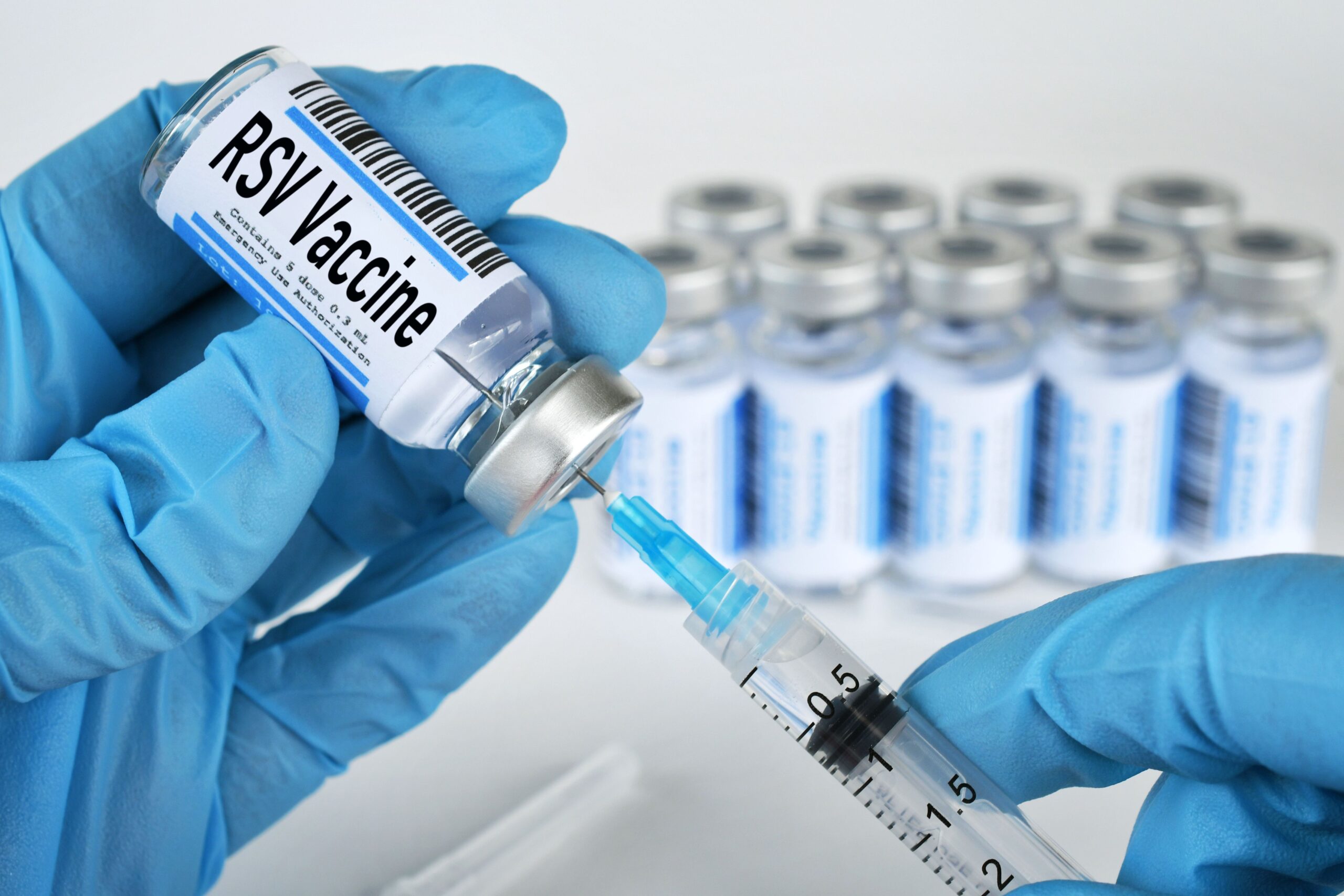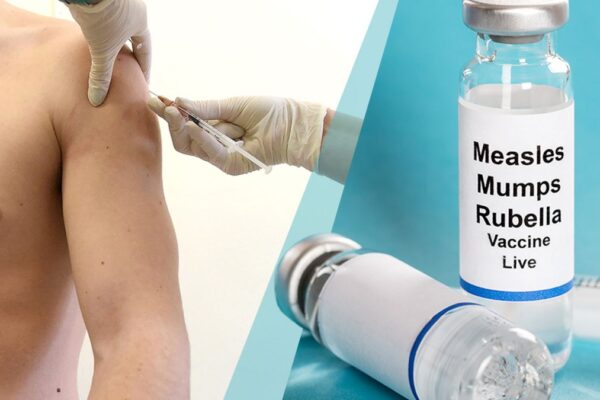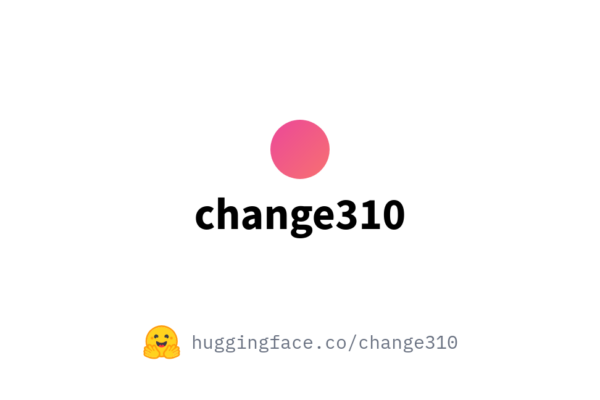
The Significance of RSV Vaccination
Respiratory syncytial virus (RSV) is a common virus that can lead to serious respiratory infections, particularly in infants and elderly populations. The significance of developing an effective RSV vaccine has been underscored by the increasing incidence of hospitalizations related to the virus, which typically peaks during the winter months. Vaccination could potentially reduce the burden on healthcare systems and protect vulnerable groups from severe outcomes.
Recent Developments in RSV Vaccine Research
As of late 2023, several promising vaccine candidates have emerged from clinical trials. The most notable is the RSV vaccine developed by Pfizer, which has demonstrated efficacy in preventing severe RSV-related lower respiratory tract disease in older adults. In September 2023, the vaccine received Emergency Use Authorization from regulatory bodies in the UK and the US, paving the way for broader distribution.
Additionally, a vaccine targeting infants is undergoing trials, which involve maternal immunisation strategies. These strategies aim to boost protective antibodies in pregnant women, thereby offering passive immunity to newborns. Preliminary results from trials show a significant reduction in hospital visits among vaccinated infants, highlighting the vaccine’s potential impact.
Challenges and Future Outlook
Despite these advancements, there are challenges that remain ahead for RSV vaccine implementation. One notable concern is vaccine accessibility and affordability. As with many vaccines, disparities in healthcare access could hinder the vaccine’s reach to high-risk groups. Ongoing efforts by manufacturers and healthcare organisations are essential to ensure that the vaccine is available to all populations globally.
Moreover, public education campaigns will play a crucial role in addressing vaccine hesitancy, which may affect uptake rates. Education about RSV and the benefits of vaccination can help foster public trust in new vaccines.
Conclusion
The ongoing development of the RSV vaccine represents a significant milestone in public health, potentially reducing the substantial morbidity associated with RSV infections. With the rollout of effective vaccines on the horizon, there is optimism that we may see a decrease in RSV-related hospitalisations, particularly among infants and older adults. As the situation develops, it will be imperative to monitor efficacy and safety while ensuring equitable access to these groundbreaking vaccines.
You may also like

Understanding the Current Measles Outbreaks
The Integral Role of Hospitals in Modern Healthcare

The Role of Face Masks in Public Health Today
SEARCH
LAST NEWS
- Remembering Wendy Richard: The Promise to Co-Star Natalie Cassidy
- How Did Anglian Water Achieve an ‘Essentials’ Rating for Mental Health Accessibility?
- Shai Hope Leads West Indies in T20 World Cup Clash Against South Africa
- What We Know About Weston McKennie: Future at Juventus and Past at Leeds
- What We Know About the Upcoming Live Nation Antitrust Trial